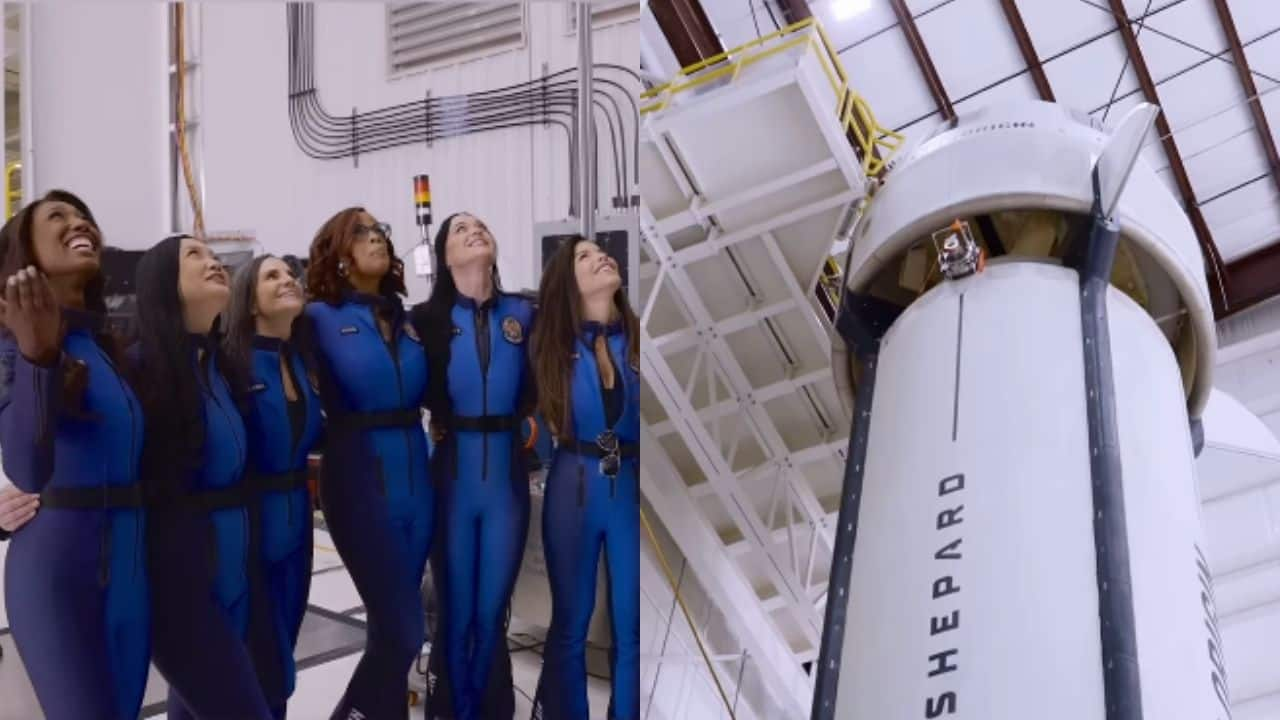If you live in Champaign, Urbana, Mahomet, Tolono, St. Joseph, Rantoul or most any community in East Central Illinois, you take for granted that turning on your water faucet will deliver fresh, clean, toxin-free, potable water. We are fortunate to live in an area served by the Mahomet Aquifer, the primary source of drinking water for more than 500,000 people in 15 Illinois counties.
The aquifer supplies about 220 million gallons of water daily to communities, rural wells and the agricultural industry. However, our handling of household hazardous-waste materials threatens the quality of our water. The Mahomet Aquifer Protection Task Force said one of the six contamination threats to the aquifer is inadequate or improper household-hazardous-waste management.

Currently, residents of central Illinois have no safe, convenient, year-round option for disposing of old or unused oil-based paint, thinners, antifreeze, herbicides, pesticides, weed killer, gasoline, motor oil and other solvents and chemicals. In fact, the nearest collection facilities are two-and-a-half to three hours away. As a result, these toxic substances are often poured down drains or in sewers, in waterways, or on the ground, where they damage septic systems and contaminate our water supply.
Or, they’re stored in residences, where they can be accidentally ingested by children or pets, or put residents and first responders at risk in the event of a fire. If not dumped or stored, this waste is put in trash bins, where it endangers waste workers and damages waste infrastructure. That’s why Champaign County Environmental Stewards is raising funds to build a $2.
8 million household-hazardous-waste collection facility at 901 Saline Court in Urbana. Through generous support from private donors, local grants and regional public agencies, the group has raised enough to buy the land and cover nearly half of construction expenses. Now we’re asking businesses, organizations and community members to step up and take this project home.
Thank you to Champaign County, the city of Champaign, the city of Urbana, the Urbana & Champaign Sanitary District, BankChampaign, McKenzie Wagner, CCES capital campaign committee members and private donors who have already given so generously. So why is this facility so important? In addition to reducing groundwater and surface-water contamination, a household-hazardous-waste collection facility will prevent accidental poisonings, minimize household fires, limit firefighters’ exposure to toxic smoke, reduce solid-waste workers’ exposure to hazardous materials, minimize damage to solid-waste infrastructure, limit damage to wastewater treatment plants and reduce damage to residential septic systems. The Illinois Environmental Protection Agency currently sponsors an annual one-day collection event in Champaign County, but it’s not nearly sufficient to handle the 20 pounds of household waste the average U.
S. family generates every year, according to EPA estimates. For Champaign and surrounding counties, that’s about 1,000 tons annually.
If you care about water quality, children’s health, first-responder and waste workers’ safety, pet and wildlife well-being, and infrastructure integrity, you must care about helping CCES raise funds to build this facility. To learn more, visit ccenvstew.org or email info@ccenvstew.
org . One of our campaign team members will be happy to meet with any individual, organization or company to discuss our donor recognition program and named sponsorships..
Politics

My Turn | A case for a household-hazardous-waste collection facility

"Currently, residents of central Illinois have no safe, convenient, year-round option for disposing of old or unused oil-based paint, thinners, antifreeze, herbicides, pesticides, weed killer, gasoline, motor oil, and other solvents and chemicals."















